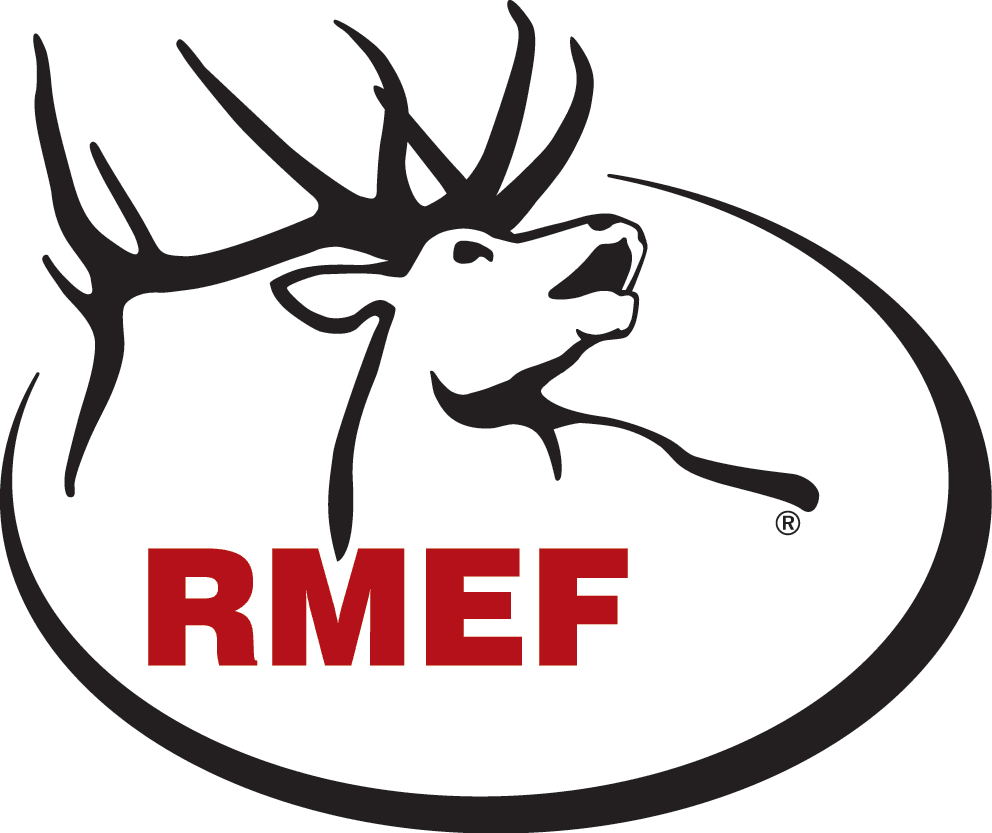RMEF Lauds Growth of Hunting, Findings of Scientific Study
Rocky Mountain Elk Foundation 12.16.13

A recent study shows an increase in the participation of hunting and fishing is related to several major factors including the economic recession, hunting for meat and the locavore movement, and an influx of new hunters including those who are younger, female and suburban.
“Hunting is a way of life. It is an American tradition and more and more people are realizing the importance it plays in all our lives,” said David Allen, RMEF president and CEO. “Hunting is conservation! It has a wide range of positive impacts on our lands and our wildlife.”
Responsive Management, a public opinion research organization specializing in survey research on natural resource and outdoor recreation issues, focused on recent showing a nine percent increase in hunter participation among Americans nationwide from 2006 to 2011.
The study pinpoints 10 major reasons for the increases:
- The economic recession
- Higher incomes among some segments of the population
- Hunting for meat and the locavore movement
- Agency recruitment and retention programs
- Agency access programs
- Agency marketing and changes in licenses
- Current hunters and anglers participating more often
- Returning military personnel
- Re-engagement of lapsed hunters
- New hunters and anglers including female, suburban and young participants
The data showed that hunting and fishing increased because of a perfect storm of reasons ranging from nationwide economic conditions to efforts on the part of individual state agencies to the confluence of key participant groups entering or re-entering the sports.
“The fact that a variety of factors was responsible for the increases should not take away from the importance of each individual factor,” said Mark Damian Duda, executive director of Responsive Management. “The research isolated each of these factors as having a notable impact on the increase in hunting and fishing participation between 2006 and 2011.”
“Different people hunt for different reasons whether to put food on the table, they want a more natural source of food, they have more or better access to lands to hunt, or they’re trying it for the first time. But the bottom line is more hunters and more hunting is good news for conservation, wildlife and wildlife habitat,” added Allen.
Responsive Management conducted the research by conducting personal interviews and surveys with state agency personnel, reviewing license sales data and past hunting and fishing participation, and conducting more than 1,400 interviews in 10 states over an 18-month period.
Read the full study here.

